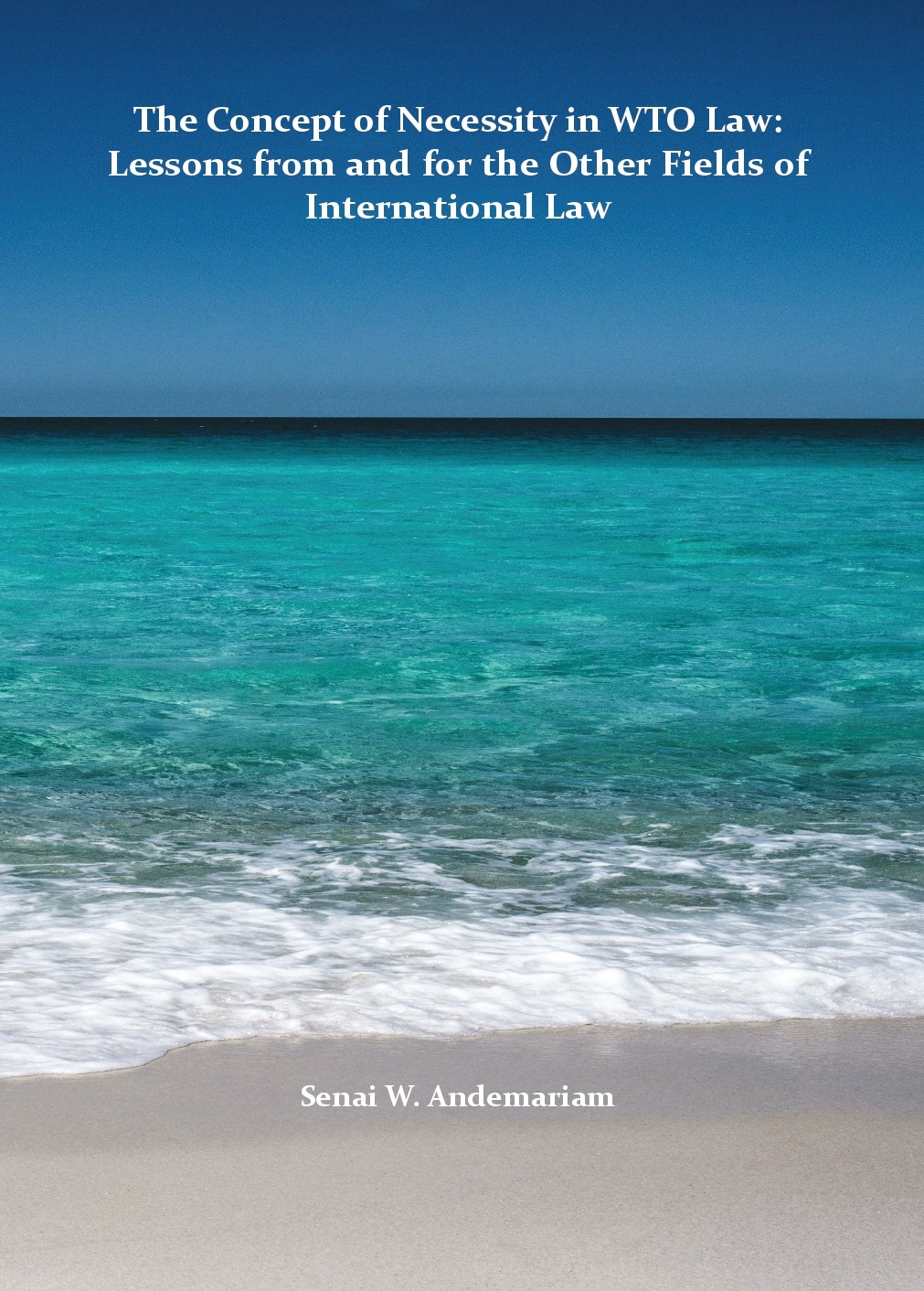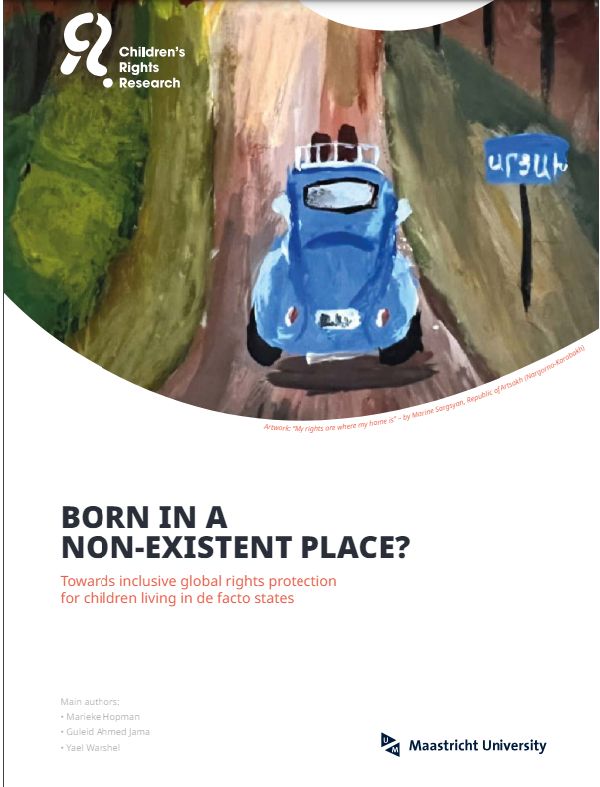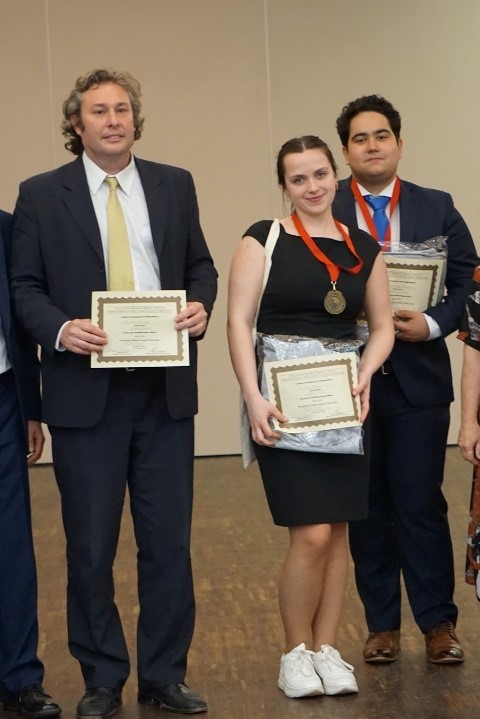The concept of necessity in WTO Law: lessons from and for the other fields of international law
This research investigates whether coherence can be maintained in the concept of necessity across different fields of international law.
Various fields of international law differ along many lines. There are also some concepts that have different meanings in different fields of international law. The proliferation of fields of international law carries with it the risk of fragmentation in international law. In a 2006 report, the International Law Commission observed that coherence can be maintained in international law despite such increase in fragmentation.
It bases its analysis on the concept of necessity in the law of the World Trade Organization (WTO) as compared with the concepts of necessity in other fields of international law, especially that in customary international law (CIL). It then examines if there is a potential for these two key concepts of necessity to learn from (i.e., interinfluence) each other. As such, this research aims, among others, to contribute to the scholarship on the fragmentation and coherence of international law.
Click here for the full dissertation.
Click here for the live stream.

PhD thesis written by Senai W. Andemariam.
Also read
-
MCEL is organising a seminar featuring Prof. Eleftheria Neframi on the constitutional limits to sustainable development in the EU's external action.
-
The Children’s Rights Research team worked on a report that shows how the rights of children in de facto states can be included in de United Nations human rights monitoring and reporting cycles.
-
The international finals of the Brown-Mosten International Client Consultation Competition (ICCC) took place in Lublin, Poland, in the second week of April 2024. The finals were organized by the Catholic University of Lublin. Teams from 22 countries from all over the world participated.
- from Faculty of Law


